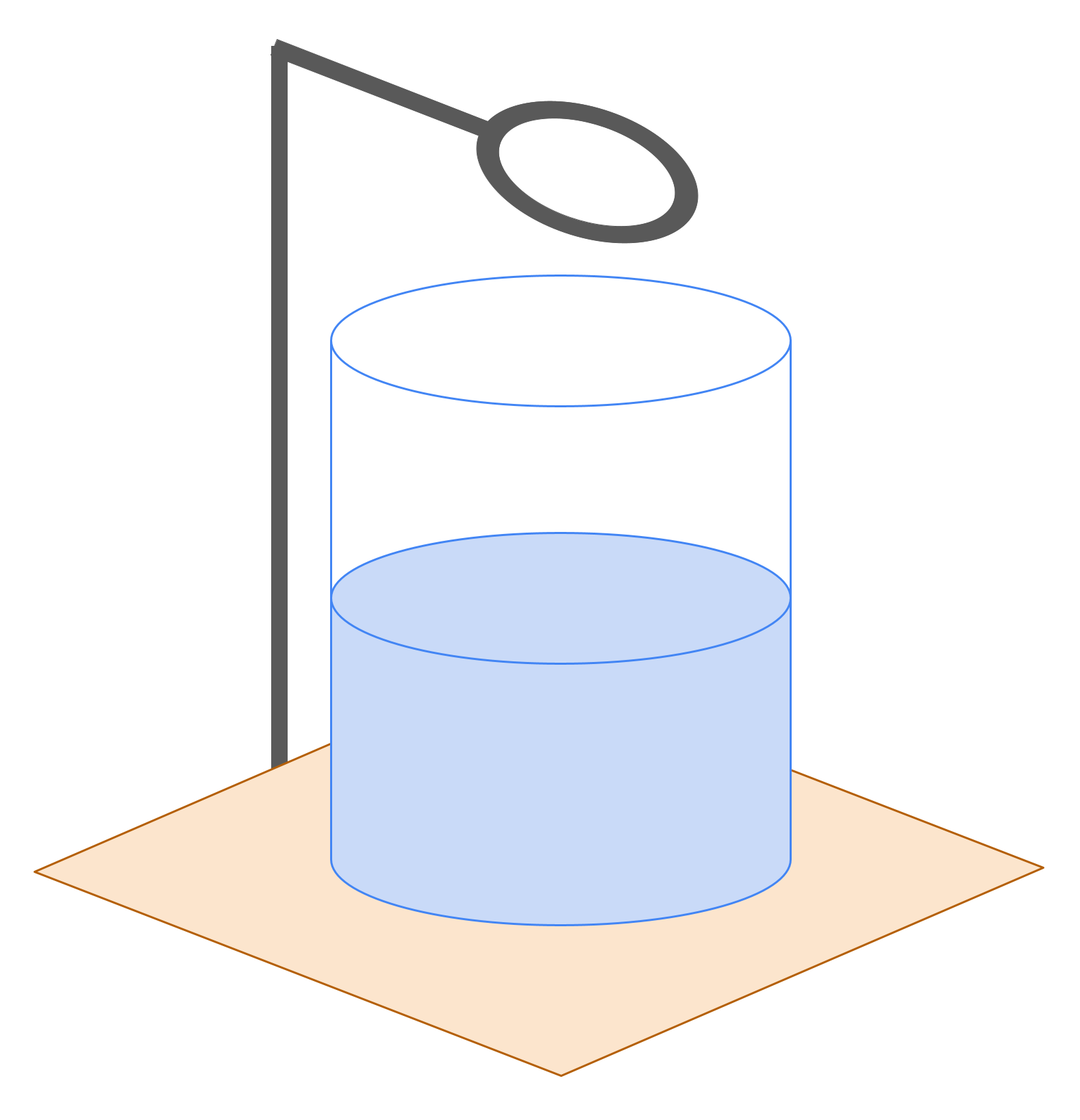How I Won a Heat Capacitor Competition Without a Heat Capacitor
Won first place in a state-level competition by finding and exploiting a loophole in the points scoring logic.
This happened during the 2013 Indiana State Science Olympiad competition when I was a junior in high school.
In a Science Olympiad competition, each team competes across a multitude of different science-themed events. All teams compete in all events, but only a couple members of each team compete in any given event.
The Thermodynamics Event
One of my events was the Thermodynamics event. You come to the event with a heat capacitor that you (and your team) built beforehand. During the event, a referee puts a cup of hot water in the capacitor, you measure the temperature of the water and predict what temperature it will cool down to after half an hour, and you also take a thermodynamics test.
You get points for three things:
- The final temperature of the water -- higher is better, since the goal of a heat capacitor is to retain heat.
- How accurate your prediction was for the final temperature of the water.
- How well you did on the multiple-choice thermodynamics test.
My partner, Eddie, had more experience and interest with the mechanical side of things, so he took the lead building the heat capacitor. He started with a minimum working version: a cube-like house of popsicle sticks with two layers of popsicle sticks and insulation stuffed between the layers.
I took the lead building the model to predict the final temperature of the water, starting with a simple application of Newton’s law of cooling.
We then ran a couple tests in which we
- placed a hot cup of water in the capacitor,
- recorded the room temperature and the temperature of the water every minute (useful data for model development), and
- felt around to identify areas where the most heat was leaking (useful data for heat capacitor development).
Our initial prototype was decent – the water retained more than half of its heat after half an hour, and we were able to predict the ending temperature within a few degrees.
The Loophole in the Points Scoring Logic
To get a sense of how much room for improvement there was, I took a look at the event rulebook to check out exactly where we stood in terms of scoring points. And that’s when I noticed something really weird.
To my surprise, the amount of points you would get for a perfect prediction was WAY more than you would get for a perfect capacitor (no heat lost). There was an asymmetry in the scoring, and this asymmetry was so extreme that a perfect prediction would immediately give you the vast majority of the points (ignoring the multiple-choice test). If you could make a perfect prediction, then it almost didn’t matter how good your capacitor was.
And there was one sure way to make a perfect prediction every time: DON’T use a heat capacitor, let the water cool to room temperature as quickly as possible, and simply predict that it will cool to room temperature.
Exploiting the Loophole
The first time I pitched this to Eddie, he looked at me like I was crazy. But the math checked out regarding the points scoring, and he came to agree that this was the best strategy to maximize our points.
We technically had to enter some kind of heat capacitor, but Eddie noticed that the only components explicitly required in the rules were a platform on which to put the glass of water and a hole at the top where a thermometer could be inserted. So, he built a platform of popsicle sticks with a piece of metal wire extending upwards from the platform and forming a loop like a basketball hoop over the platform. And this is what we entered.

On competition day, we got lots of weird looks from our coaches, our teammates, the event referees, and our competitors. The event referees and competitors thought we were being lazy (which we were more than happy to let them believe so that they wouldn’t pick up on our strategy), and our coaches and teammates thought that the plan somehow wouldn’t pan out (even though the math checked out and our capacitor satisfied the specified requirements!).
But sure enough, we won first place for the Thermodynamics event in the awards ceremony. The dumbfounded looks on people’s faces – especially the event referees and our competitors – were priceless. And, funny enough, in the following year (2014), Thermodynamics was longer on the event list.